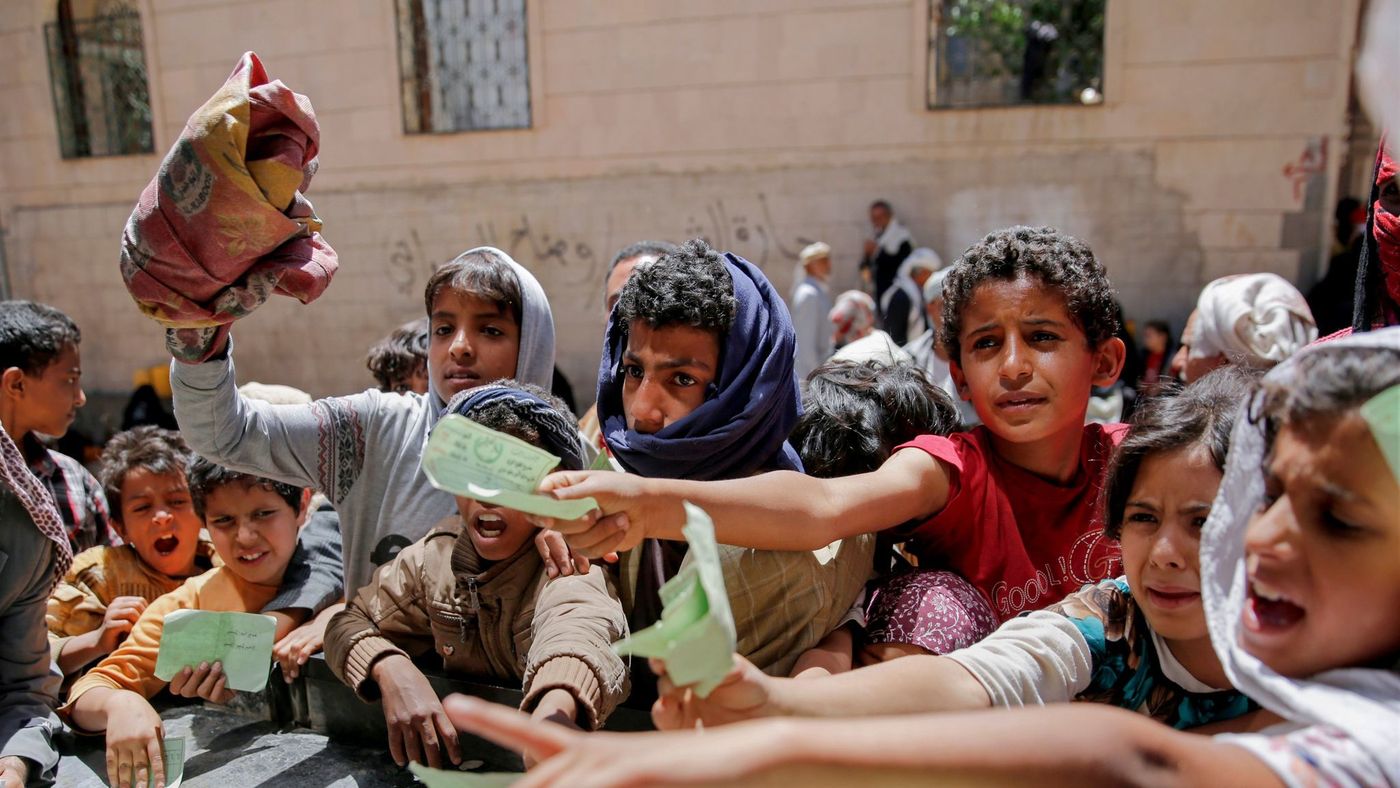On 30 October 2018, documents concerning an agreement made between the United Nations Office for the Coordination of Humanitarian Affairs (UN OCHA) and Saudi Arabia regarding humanitarian aid were leaked. The Guardian reported that foreign aid from Saudi Arabia came with so many strings attached that it could be considered ‘paid publicity’. While all states plan to enjoy some positive recognition for donating to humanitarian efforts, states mainly provide aid because they believe it is their moral obligation. Saudi Arabia, on the other hand, required specific concessions in exchange for the $930 million dollars of humanitarian aid, in the form of favorable news in equal measure to their donation. Thus, the kingdom transformed humanitarian aid into a service transaction, shown in the leaked documentation detailing Saudi Arabia’s requirement for aid to “be tied to the amount of beneficial publicity given to Saudi Arabia.”
Though ostensibly the Saudi government intervened in the Yemen conflict in 2015 to aid the government officially recognized by the UN against insurrection, their true reason behind engaging was to ensure Saudi’s sphere of influence was maintained in the region. Three years into the civil war, Saudi Arabia’s intervention is seen as having created a humanitarian catastrophe on a monumental scale. So far over 10,000 civilians have been killed from bombings, famine, and other trappings of war, including a bus full of children who were killed by a Saudi air-strike in August 2018.
According to The Guardian, the terms for Saudi Arabia’s 2018 humanitarian budget for Yemen, referred to as the Visibility Plan, showed OCHA was put under extreme pressure to abide by the public relations requirements desired by the kingdom. Saudi Arabia is only concerned with providing aid to Yemen to bolster its own public image, not out of a desire to alleviate the suffering and pain caused by its own role in the conflict
The publicity garnered from these donations was not meant to simply be a thank you for a generous contribution. Instead, the intention was to counterbalance the bad press Saudi Arabia was receiving for causing Yemen’s humanitarian crisis in the first place. Stories praising Saudi Arabia were to be published in newspapers such as the New York Times and the Guardian, the paper that broke this story. The publicity was to be specifically targeted towards countries that hold weight in the international community and also sell arms to the Saudi government, such as the United States (US) and the United Kingdom (UK). Additionally, in the agreement with OCHA, Saudi Arabia adds: “We consider it very important to ensure that our dear fellow Yemenis are all aware of our donations. More emphasis should be placed on strengthening the local visibility plan by engaging local media … so that donors get deserved recognition and not to be overshadowed by the recipient’s agencies’ visibility.”
This report comes at a time when US Senators are pushing for a stop to arms sales to Saudi Arabia – centered around the planned assassination of journalist Jamal Khashoggi by the Saudi government. This new information surrounding Saudi Arabia treating humanitarian aid, a necessity for the most vulnerable, as a PR campaign for its own gain should be included in their decision making. As Saudi Arabia is the cause of much of the suffering in Yemen, this is another factor that should add weight to a necessary move in rebuking Saudi Arabia for its role in the Yemen crisis.
Joshua Myers is an Advocacy Intern at ADHRB





